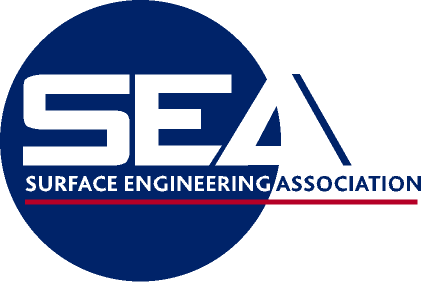(In no particular order)
1. Lord Whitby, our President, continued discussion with BEIS – Department for Business, Energy & Industrial Strategy and then it’s replacement DESNZ – Department for Energy Security & Net Zero, as well as meeting with the Chancellor regarding the impact of high energy prices and high “green” taxes which was making the sector uncompetitive in the global marketplace.
2. Our UK Lobbying activities continued with further meetings held with DEFRA, BEIS (and its replacements DESNZ, DBT – Department for Business & Trade and DSIT – Department for Science, Innovation & Technology), HSE and the Environment Agency. These discussions centered on sector specific issues that were having a damaging impact on the sector, such as REACH, high energy prices and cost of compliance.
3. The SEA continue to work on the time-consuming and very costly REACH applications for authorisation in order to enable many members to remain in business. Our CEO gave a presentation at the Bathroom Manufacturers Association Technical Conference regarding the future of decorative chrome plating in the UK.
4. The SEA has worked closely with Sheffield Hallam University to deliver the HiPIMS international conference. The event was held in Venlo, Netherlands to coincide with the 40th Anniversary celebrations of IHI Hauzer Techno Coating and the event was a great success. The event focussed on surface engineering being a main driver for the hydrogen economy.
5. Our Biennial General Meeting was held at Jaguar Land Rover, Solihull where a new National Committee and officers were appointed to serve a 2-year period.
6. We have been working closely with organisations in our sector to develop a surface engineering / materials processing apprenticeship scheme and career development programmes through to Masters Level with Cranfield University. A level 7 apprenticeship (Master level) is now being run by Cranfield University and SME’s can take advantage of Government support and pay just 5% of the cost of the course.
7. The SEA continues to operate in a financially sound manner and has developed sufficient reserves to continue to develop over the coming years. We operate as a not-for-profit organisation with any surpluses being retained for the future development of the sector.
8. The high profile that the SEA now enjoys means that we were involved with numerous consultations during the year from the Environment Agency, HSE, DEFRA, BEIS, and many European regulatory bodies.
9. We gave a series of webinars with the support of our partners Control Energy Costs and SafeChem. These focused on energy costs and contracts and the latest developments in solvent cleaning
10. The SEA now has wide-ranging representation on many committees / organisations engaged in / with the surface engineering sector at a regional, national and European level including;
a. European Commission Technical Working Group – STM BREF
b. Environmental Permitting Programme Stakeholder Committee
c. Metals Industry Liaison Group
d. Surface Engineering Board of the Institute of Materials, Minerals & Mining
e. European Committee for Surface Engineering (CETS)
f. BSI Committee STI/33 Electrodeposited and other coatings
g. Nickel REACH Consortium
h. Nickel Institute / CETS Nickel Working Group
i. DESNZ Focus Groups regarding climate change agreements & energy policy
j. Cross-sector REACH group
k. Silver REACH Consortium
l. SELF – Surface Engineering Leadership Forum
11. We successfully completed the reporting of the performance of companies in our climate change agreement for target period 5 (2021 & 2022). Data from almost 200 companies was collected and reported to the Environment Agency. New agreements are in progress which should see the scheme continue through until the end of March 2027.
12. We exhibited at the Advanced Engineering Show held at the NEC. We had a 186m2 stand which was divided into “pods” for our members to advertise their services. The exhibition was a great success with almost 10,000 visitors attending the 2-day show.
13. The SEA was audited against our 3 ISO accreditations, ISO 9001, ISO 14001 and ISO 45001 and we passed all 3 again without any issues being identified.
14. A briefing luncheon was held at the House of Lords to discuss the devastating impact of the astronomically high energy prices on our sector and the knock-on effects on UK Manufacturing.
15. A successful Awards evening was held at the Grand Hotel, Birmingham where 200 people where in attendance to support and congratulate the achievements of companies in our sector.
